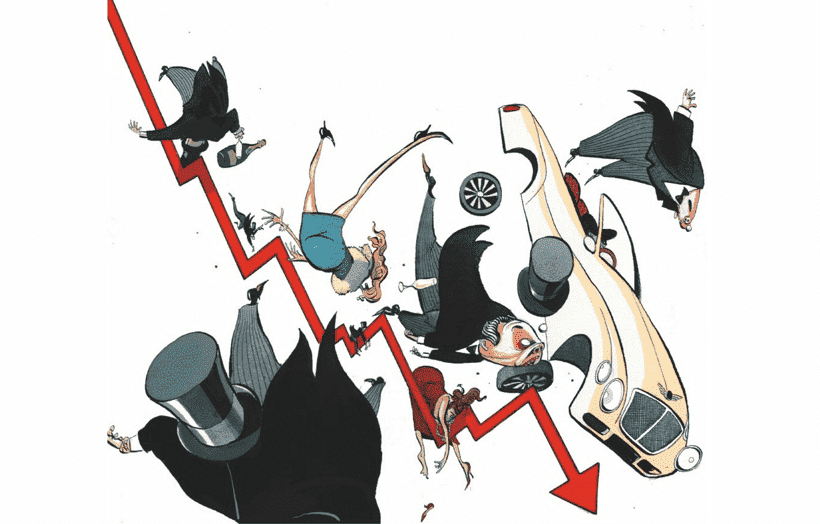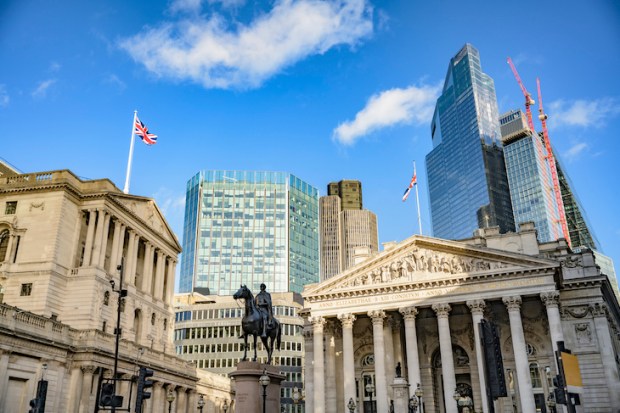In the end, it could have been worse. The Federal Reserve might have followed Sweden’s lead, with a whole one point rise in interest rates, or it could have even decided to short-circuit the whole process and go straight for a 1.5 per cent increase. Instead, it opted for the safer course, imposing a 0.75 per cent increase in rates much as the market expected. Even so, it made one thing absolutely clear. It is not going to let up in its battle to bring inflation back under control – and the rest of the world will have no option but to follow its lead.
The markets were primed for another rise in rates from the Fed chairman Jay Powell today. That was precisely what he delivered. American interest rates will go up to 3.25 per cent, the highest level since before the financial crash of 2008/2009. It is not likely to stop there. Its projections, which it uses to guide the markets, and to help keep inflation expectations under control, now point to rates at 4.4 per cent by the end of the year, and rising to 4.6 per cent next year. The central bank is now engaged in the most sustained, serious, and committed fight against rising prices since the early 1980s. Even more seriously, it now sees growth slowing down to just 0.2 per cent by the end of this year, and unemployment rising to 4.4 per cent. As so often in the past, the Fed only really has one tool to hammer inflation with. A recession, or at least a sharp rise in joblessness, that curbs demand.
That will have two big consequences, one domestic and the other international. First, the Democrats can kiss goodbye to holding onto the White House, regardless of whether the hapless Joe Biden or someone younger, is the candidate. Almost no incumbent party has ever been re-elected against a backdrop of rising unemployment, falling real incomes, weak housing prices, and a falling stock market. It simply doesn’t happen.
The real political battle over the next year will be the contest for the Republican nomination, with Donald Trump battling it out against whoever is most likely to defeat him. And secondly, it will force every other major central bank around the world to raise interest rates sharply as well. The Bank of England will follow the Fed’s lead tomorrow, probably with a 0.75 per cent rise, and will now most likely have to go to at least 5 per cent before it is finished. The European Central Bank will have to move further and faster, having let itself fall a long way behind the curve, and if that means it has to find some other way of bailing out Italy that will be a problem for another day.
Inflation will moderate eventually. The Fed is making sure of that. But there will still be a lot of pain ahead before it gets back to its target 2 per cent inflation rate – and several more years of slow growth.
Got something to add? Join the discussion and comment below.
Get 10 issues for just $10
Subscribe to The Spectator Australia today for the next 10 magazine issues, plus full online access, for just $10.




















Comments
Don't miss out
Join the conversation with other Spectator Australia readers. Subscribe to leave a comment.
SUBSCRIBEAlready a subscriber? Log in